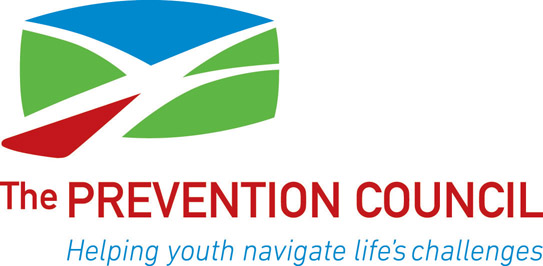Thursday, August 25, 2011
By GLENN GRIFFITH
Community News
A survey is underway in southern Saratoga County to assess the extent of underage drinking and teen binge drinking.
The survey is being promoted by the Shenendehowa Community Coalition with an $800,000 grant from the state Office of Alcohol and Substance Abuse Services. The state agency is managing a much larger $8.2 million federal grant that is being distributed across the state to 10 other community coalitions for the same purpose.
The three-year local grant allows the Coalition to present the survey to adults and students and analyze the results. Once the survey is completed Oct. 31 a base line will be drawn from the results.
During the following two years the Coalition will take those results and draw up a set of actions that will change behavior and educate the community in an effort to reduce underage and binge drinking among the area’s teens.
The survey is anonymous and is available in hard copy form and online. Shenendehowa School students from seventh through 12th grades will be asked to take the survey in their gym classes shortly after school starts.
Online versions of the survey have already been emailed to all parents registered with the school’s Parent Portal.
The Shenendehowa Community Coalition is a six-year-old collection of local groups and individuals interested in reducing and preventing risky behaviors among youth such as substance abuse, violence and problem gambling. The organization works to correct this behavior by developing community partnerships that utilize accurate data and implement proven strategies. Coalition members include parents, students, community organizations, and faith-based groups. The Coalition’s single paid staff member is coordinator Evan Williamson.
“A survey taken a couple of years ago at Shen showed there was a high level of underage drinking going on among students and from that we know Shen has above state average with teen binge drinking,” he said. “The grant will be used to help change certain activities and educate parents and students. But we need a baseline first. In many cases the parents’ ideas of teen drinking differ from what the kids know is actually going on.”
The Office of Alcohol and Substance Abuse Services website notes that research proves that to effectively change attitudes, perception, and behavior, prevention strategies must include a comprehensive approach that addresses both the individual and the environment.
On its website the agency’s commissioner Arlene González-Sanchez is quoted as saying, “There is strong evidence that the earlier in life a person starts drinking alcohol, the more likely he or she is to have alcohol‑related problems throughout life. Community leaders have a critical role in shaping the environment to prevent underage drinking, and can guide adolescents through this very important period in their lives.”
Williamson pointed to one survey’s help in the reduction of meth labs. By simply changing the store locations of certain ingredients used in the production of meth, based on the results of the survey, meth production was reduced, he said.
“The Shenendehowa Community Coalition is focused on anything that hinders student health and that includes marijuana use, acts of risky behavior like underage drinking, or prescription medication abuse,” Williamson said. “What we’re trying to do with the survey is get a vast cross section of the community.”
Depending on what the data shows Williamson said years two and three might include educational pieces to students and parents, partnering with the Shen athletic department, partnering with Saratoga County, changing Shen’s policies on minors in possession, more compliance checks, or revising the social host laws.
“This is about protecting (young) people and having them make good choices,” he said. “It’s about changing their environment so it supports them being safe.”
The survey may be found at: http://edu.surveygizmo.com/S3/538756/NYprevention. The survey is also to be linked to the Chamber of Southern Saratoga County’s website and the town of Clifton Park’s.
Hard copies of the survey are available in the Clifton Park-Halfmoon Library and the Shenendehowa Adult Community Center.
